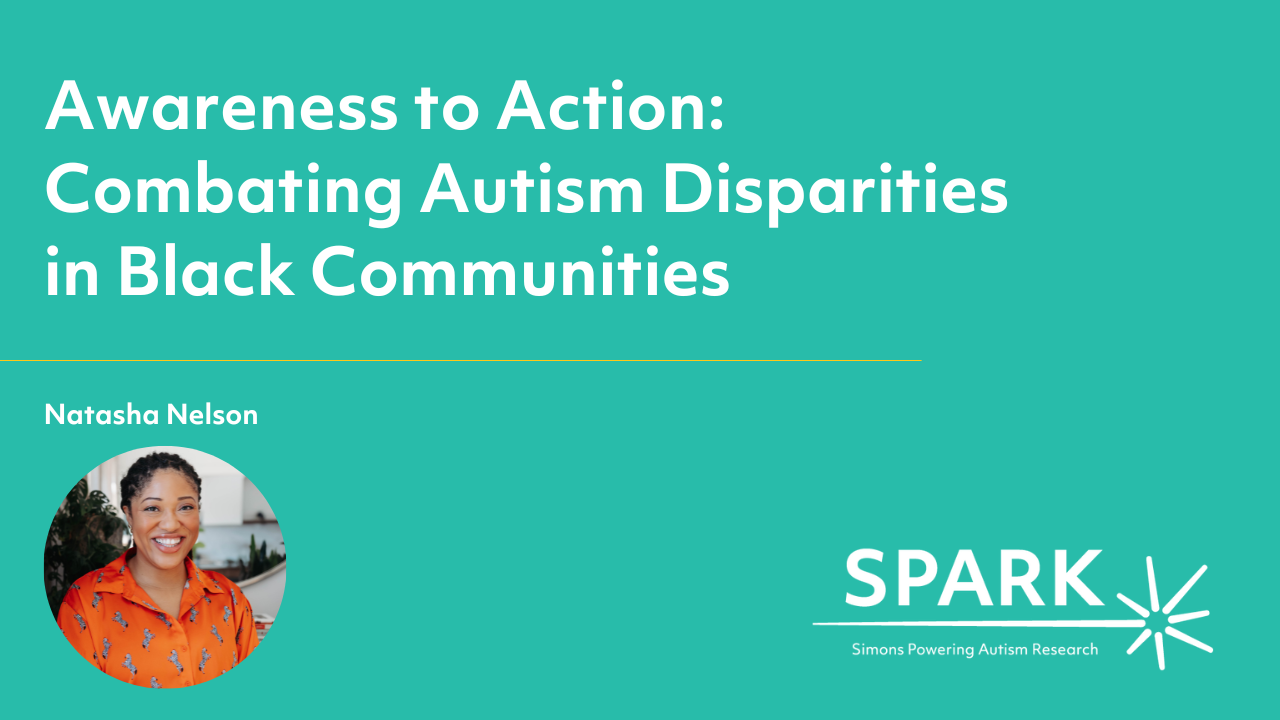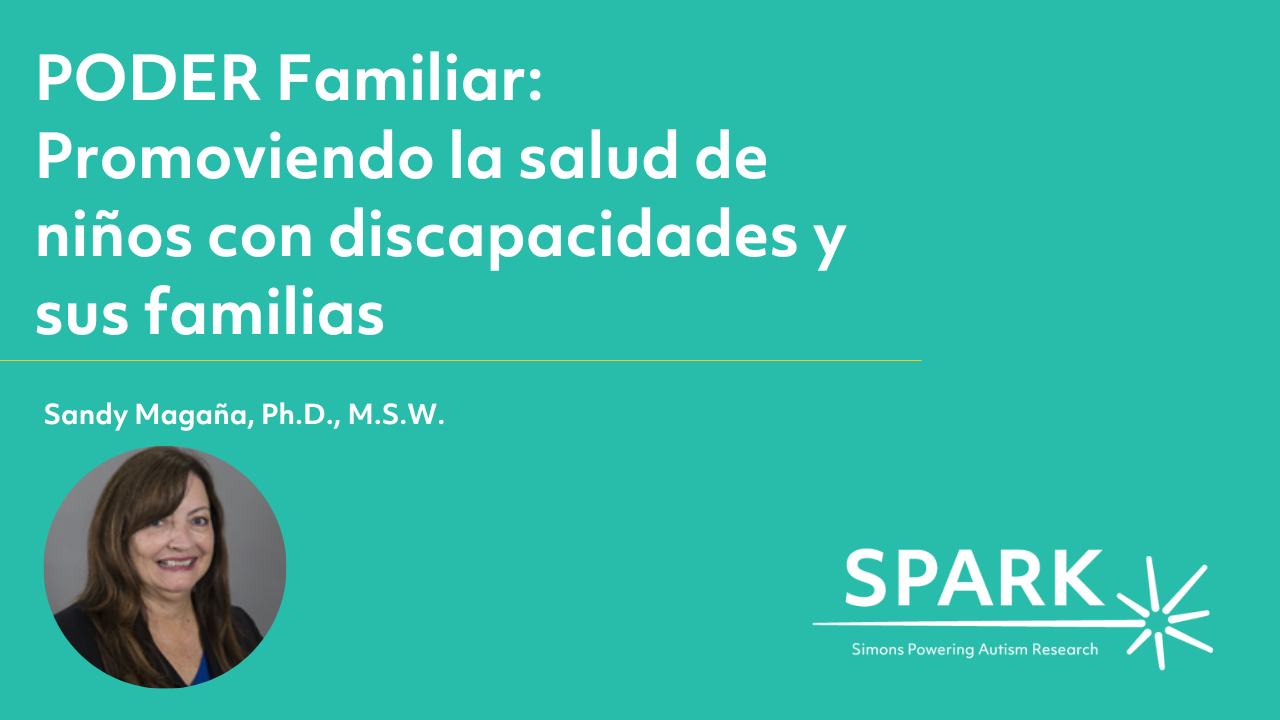Webinar: Awareness to Action-Combating Autism Disparities in Black Communities
In this recorded webinar, Natasha Nelson presents a call to action for researchers, families, and clinicians. She discusses why disparities exist in Black communities and what needs to change to turn awareness into action.
Learn More









